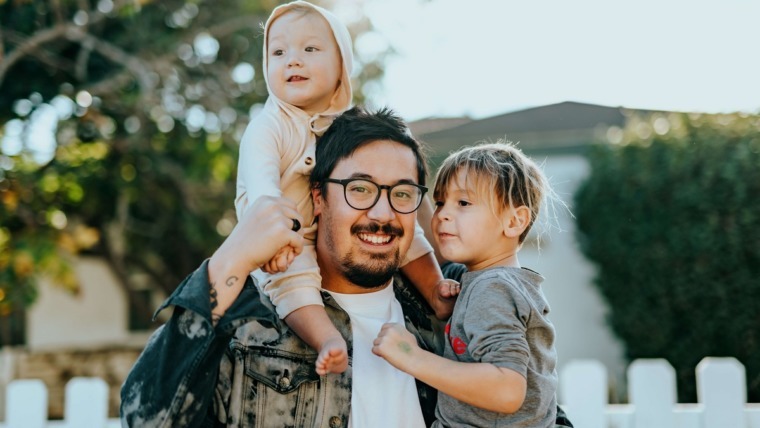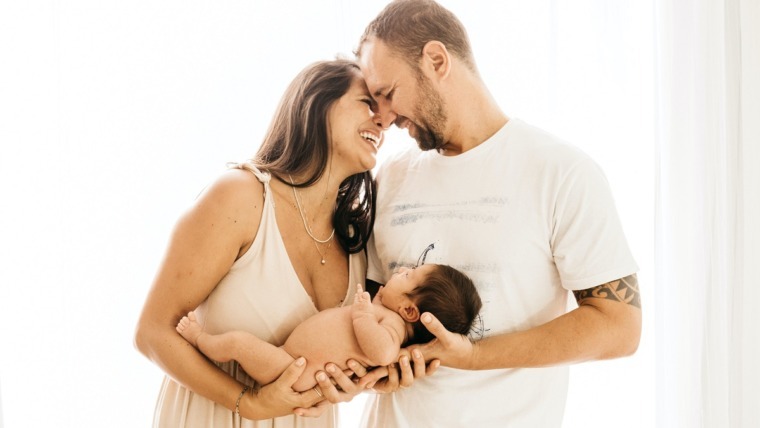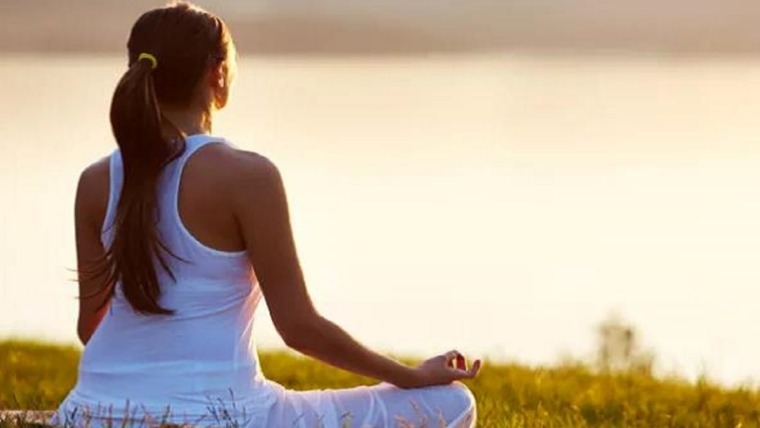
By Sam Taylor from The Nurture Project
Measuring yourself against others can in some ways be helpful. You might feel inspired about someone else's achievements which then motivates you to improve your own life. The recognition that your abilities are a notch above someone else's can deliver a boost to your self esteem. But comparisons can be harmful when they leave you feeling inferior, stressed, anxious, or depressed.
This need to judge ourselves based on what others are doing, what they look like and what they own has resulted in a lot of unnecessary anxiety, judgement and inwardly-directed negativity.
Social media
This was the case well before social media but since the advent of social, it has become much more pronounced. Sites such as Facebook and Instagram offer a distorted view of people’s lives. Part of social media’s uniqueness, researchers say, is that it paints a very skewed picture of one's social universe. People are far more likely to share flattering photos and news about themselves and so we end up comparing our “back end” to someone else’s “show reel”.
Lisa and Misha
The result can make users feel anxious, deficient and insecure.
Looking at her Instagram account, one would think Misha leads a charmed life. She regularly posts beautiful photographs of herself looking impossibly gorgeous with her stunning children and her good looking husband, at an art gallery, on the beach, out for dinner, larking about the house…
But the reality is that Misha struggles deeply with anxiety and feelings of insecurity and self-worth. She regularly experiences panic attacks and sometimes feels so apprehensive about the world around her that she stays in bed for a week at a time, unable to venture outside.
She feels particularly down about her life after looking through her social media feeds. She looks at what some of her childhood friends are up to “there she goes again in the lounge at the airport with a glass of champagne” and this other friend, she bought an apartment in Barcelona last year and seems to be in Europe again. Another friend is a successful actress… These comparisons with her friends’ achievements make the frustrations in Misha’s life stand out.
The Science
There have now been a few studies showing a correlation between higher social media use and poorer mental health, including anxiety, depression, feelings of loneliness and lower self-esteem.
The first study 140 undergraduates to either continue their regular use of Facebook, Snapchat, and Instagram, or to limit each one to 10 minutes per day (30 minutes total). Before and after taking part in the study, the participants also filled out questionnaires so the researchers could understand how they were doing psychologically—they were particularly interested in anxiety, depression, loneliness, and FOMO (fear of missing out).
As the researchers expected, people who limited their social media use to 30 minutes felt significantly better after the three-week period, reporting reduced depression and loneliness. Interestingly, both groups reported less FOMO and less anxiety at the end of the study, which the researchers suspect may be a result of increased self-monitoring.
The study author says “It is a little ironic that reducing your use of social media actually makes you feel less lonely… Some of the existing literature on social media suggests there's an enormous amount of social comparison that happens. When you look at other people's lives, particularly on Instagram, it's easy to conclude that everyone else's life is cooler or better than yours.”
Another study published in 2014 investigated how comparing ourselves to others through social media impacts our mental health. The interesting thing here is that it doesn’t seem to matter whether you compare yourself favourably or negatively with others on social media, just the act of comparing ourselves to others on Facebook makes us feel bad about ourselves and increases depressive symptoms like anxiety.
So what can be done about it?
The reality is that social media just isn’t that great for our mental health. However, the greatest protection against falling into the comparison trap - and the best way to pull yourself out of it - is to develop and maintain a stable sense of self. That means cultivating your identity and self-esteem, nourishing relationships with people who see the real you, and staying true to your beliefs.
A stable sense of self comes from thinking about who you are absent from any feedback. What are your values and preferences in the absence of anybody knowing about them? Can you be proud of the person you are who isn't publicly posted?
Comparison judgement Comparison judgement Comparison judgement Comparison judgement



